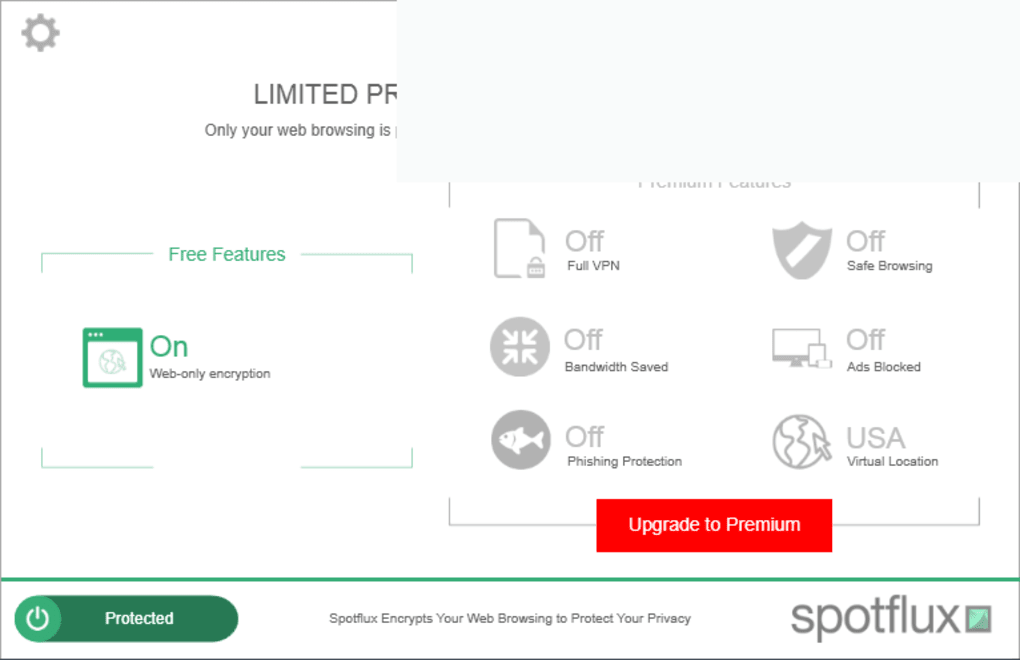

It also doesn't provide much for users in places like China, Russia, and Turkey, which have notably repressive restrictions concerning internet access. That leaves entire continents without a nearby server. Spotflux only offers servers in a handful of locations: France, Germany, Japan, the Netherlands, Singapore, the UK, and the US. Private Internet Access offers more than 3,000 servers, and has server locations in just about every place you'd ever want to go.

Spotflux tells me that at peak time, its number of servers swells to more than 500. Lots of servers also means more options for spoofing your location. More server locations means that, no matter where you go, you'll be able to get better performance by connecting to a nearby VPN server. More servers means that you're more likely to find one that's not overburdened with other users. One of the most important stats I look at when reviewing a VPN is how many servers it provides and where those servers are located.

Netflix is fighting back against this kind of cheating, however, as are other services, so this may not work much longer. Want to stream BBC shows, but don't live in the UK? A VPN can help. On a less noble note, you can also use a VPN to spoof your location and gain access to region-locked streaming content. VPNs are also used to circumvent censorship, and they let journalists and political dissidents stay connected with the outside world. That's great, because noting IP addresses is an easy way for advertisers and others to track your movements across the web. Instead, they see the IP address of the VPN server to which you are connected. Out on the web, no one can see your IP address, either. When VPN companies offer custom DNS protection, they can even thwart a malicious network created explicitly to serve you bogus phishing sites designed to steal your information. This means that if you're using a shifty, unsecured wireless network (I'm looking at you, local coffee shop), no one else on the network will be able to peek at your online activities. Assuming that you're accessing sites secured with HTTPS, your data remains encrypted from start to finish. Your web traffic passes through the encrypted tunnel before exiting out to the wider internet. Activating a VPN creates an encrypted tunnel between your computer and a server controlled by the VPN service.


 0 kommentar(er)
0 kommentar(er)
